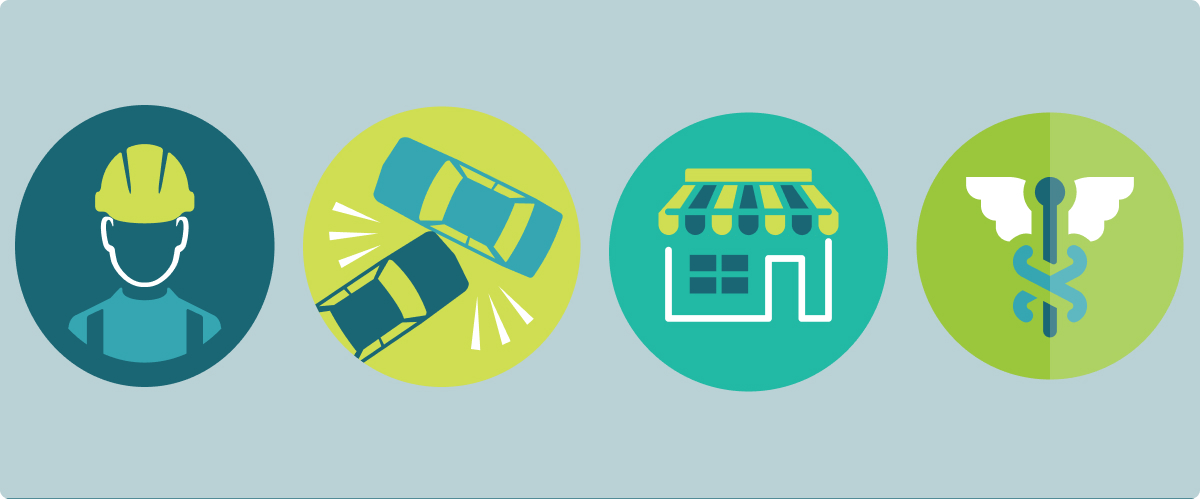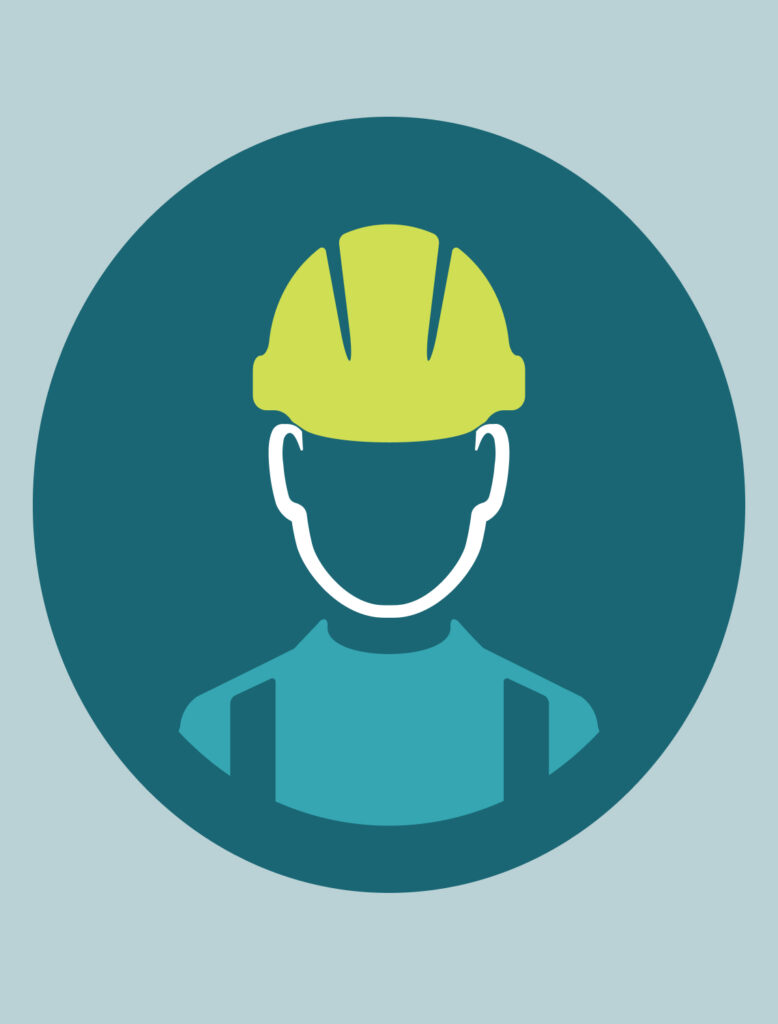Suffering a serious injury can drag the strongest of us down. It is common to feel flat, frustrated and even depressed.
All of a sudden, ‘normal’ life as you know it changes and your daily routine can become unrecognisable. This can be devastating under any circumstances.
Whether you’ve been impacted by an incident at work, on the Queensland roads or even in your leisure activities here are some ideas that will help you stay mentally strong through your recovery.
Emotions – understand and acknowledge how you feel
The suffering and physical damage that can come from a severe injury very often also brings with it emotional trauma and an impact on our mental wellbeing. Not only can it mean a stop to everyday things like work and socialising but also there may be genuine concerns about the future and money.
Gaining some understanding of why this is a difficult time emotionally and mentally can be the first step in coming to terms with what has happened. Then it is a matter of starting to apply some mechanisms to cope with your situation as you recover. It is essential to enlist the support of friends, family or people who have suffered similar experiences. Don’t be afraid to seek professional health and advice to guide you through this difficult situation if it feels too overwhelming alone.
Is there a silver lining?
If possible, use the unexpected downtime to relax as best you can and maximise the opportunity to rest and reflect. Depending on your mobility and ability, decide what you can achieve in this period of recovery. A new project or focus may help to distract from the frustrations that you are feeling. Now could be the perfect opportunity to catch up on your reading, learn a new language, take up a hobby, or even get in some serious “Netflix and chill” time!
Recovery Journal
A great way to work through your recovery and channel your feelings is to ‘journal’ them, either in writing or through technology. Putting pen to paper or using an app on your phone to express your thoughts can lead to clarity and a greater sense of control at this challenging time.
You may even find that this is a useful habit to continue through your daily life post-recovery.
Don’t be afraid to try new things
We can all be wary of trying ‘complimentary’ approaches and might be sceptical about how much things like meditation and breathing techniques can help. But when dealing with a serious injury, the enforced inactivity combined with potentially high levels of stress can cause shallow breathing which leads to insufficient oxygen absorption which leads to increased tiredness and lethargy and so on forever.
Studies have found that deep breathing encourages our bodies to relax and helps our nervous system. It has a positive effect on blood pressure, the immune system, and results in a greater feeling of wellbeing. Breathing and meditation exercises not only can assist with injury recovery but have also been shown to be beneficial in leading a happy and fulfilled everyday life.


